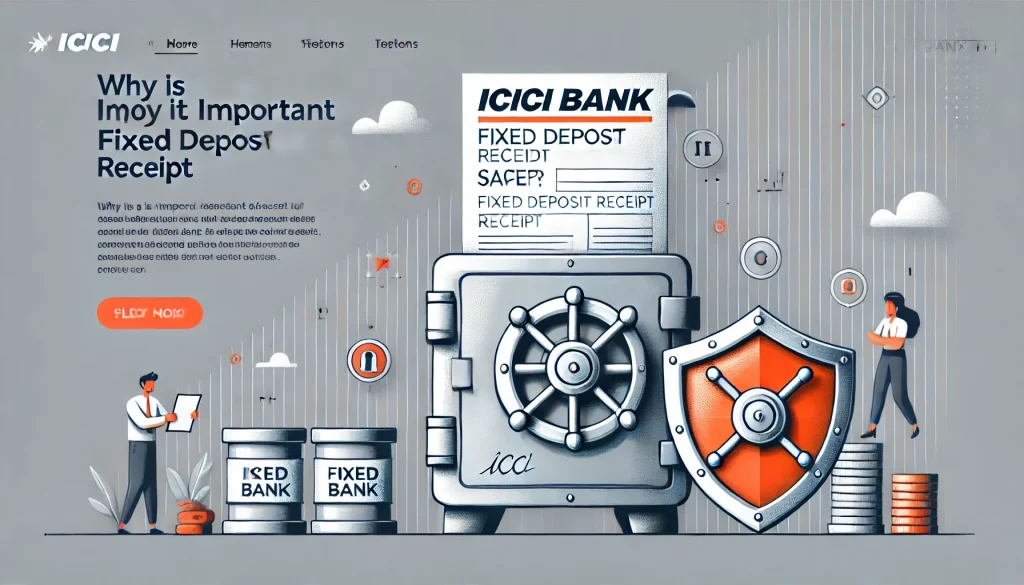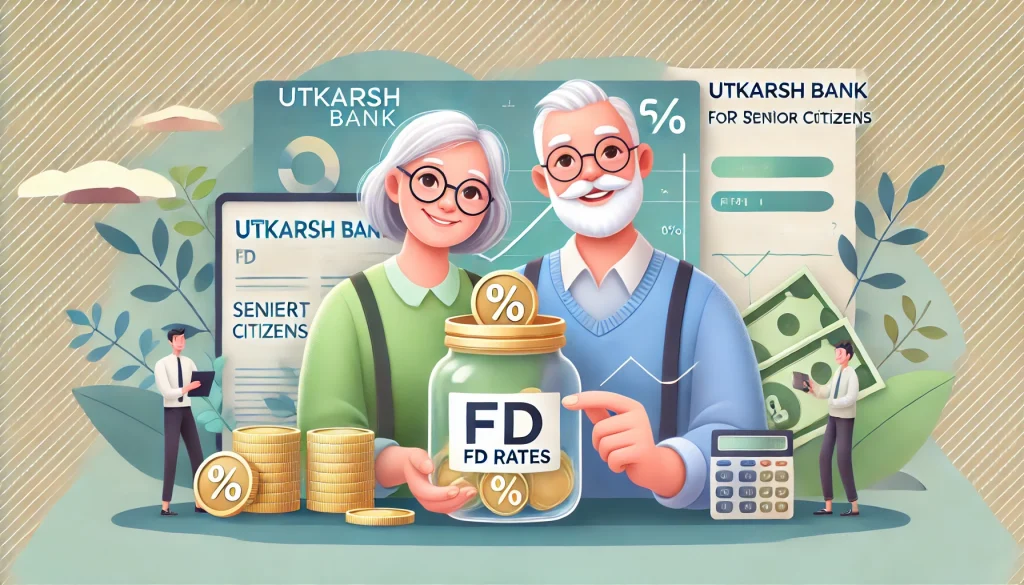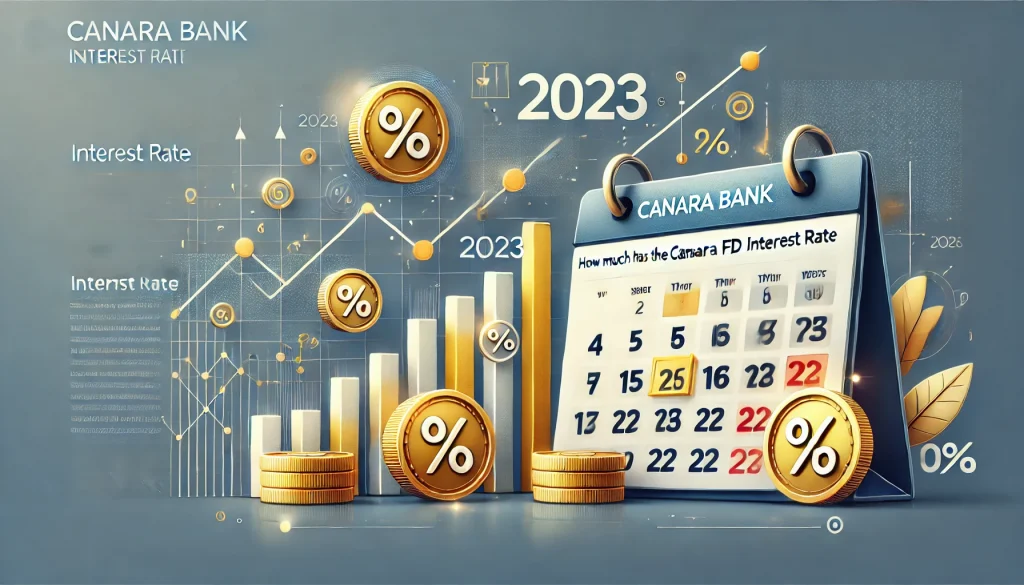
Corporate Fixed Deposits (FDs) are term deposits offered by Non-Banking Financial Companies (NBFCs) and corporates. You can hold these FDs at a fixed rate of interest and for a fixed tenure. Corporate FDs are particularly useful for uncertain times when the market is highly volatile. You can invest in these fixed deposit schemes to secure your future financially. Moreover, you can choose whether to opt for a pay-out or cumulative option. While the former option will provide you with an opportunity to earn a regular income, the cumulative option will help you accumulate capital. Now, let’s have a look at the Corporate FD rates.
Best Corporate FD Interest Rates 2024
Let’s check the corporate FD rates in 2023 offered by some of the leading financial institutions:
| Name | FD Interest Rates (%) | Tenure |
| Bajaj Finserv FD | 7.40% – 8.60% | 12 months – 44 months |
| ICICI Home Finance FD | 7.00% – 7.30% | Less than 12 months – 120 months |
| LIC Housing Finance FD | 7.45% – 7.55% | 12 months – 60 months |
| PNB Housing FD | 7.35% – 7.40% | 12 months – 120 months |
| Hawkins Cooker Limited FD | 7.5% – 8% | 13 months – 36 months |
| Shriram Transport Finance FD | 7.34% – 8.18% | 12 months – 60 months |
| Kerala Transport Development Finance Corporation FD | 6.75% – 7.25% | 12 months – 60 months |
Features of Corporate FD
Check the features of corporate fixed deposit schemes:
- Usually, corporate FDs carry a credit rating from reputed rating organisations such as ICRA, CRISIL and CARE. Credit ratings from such organisations indicate a probability of default in principal and interest payments. It helps investors to understand the creditworthiness of the financial institutions.
- Corporate FD schemes operate like bank FDs but have higher interest rates. They are not subject to market influences and are low-medium risk investments.
- You can make premature withdrawals without any restrictions.
- You can select the frequency of interest payments, i.e. whether you wish to earn interest monthly, quarterly, half-yearly or annually.
Benefits of Investing in a Corporate FD
Check the benefits of investing in corporate FDs:
1. Higher Interest Rates
While regular fixed deposit schemes have fixed interest rates and zero risks, they yield much lower returns when compared to market-linked investment options. It’s natural to feel dissatisfied when regular FDs fail to beat inflation. To address this problem, you can invest in corporate FDs.
These investment options offer better returns than FD schemes primarily to attract and retain more customers compared to traditional financial institutions.
But you must also remember that corporate FDs don’t fall under the protection of the Deposit Insurance and Credit Guarantee Corporation (DICGC), which is an RBI subsidiary. Moreover, while corporate FDs have a higher return potential, they’re associated with higher risks as well. This is because NBFCs and corporations don’t have fundamentals as strong as banks.
2. Assured Returns
Guaranteed returns are the most important benefit of investing in corporate FDs, which provide the same benefits as that of a bank FD. These investments are not market-linked, and the returns depend solely on the interest rate offered.
Considering that corporate FDs fall under the strict regulations of the RBI, there are fewer chances of a corporation changing the FD rates after you sign up. It results in fixed returns, which will help you to make more informed financial decisions.
3. Flexibility of Tenure
Corporate FDs provide more flexibility with respect to tenure when compared to regular FDs. Usually, banks have fixed tenures for FDs. On the contrary, you can customise your corporate FDs based on your financial requirements.
Another significant benefit is that premature withdrawal terms are relaxed a bit for corporate FDs.
4. Great Option for Short-term Investments
If you’re looking for a short-term investment option, then you can consider corporate FDs. While the tenure for bank FDs ranges from a few months to a few years, the tenure for bank FDs cannot extend beyond 5 years.
So, if you want high returns in a short period, choose corporate FDs.
Who Should Invest in a Corporate FD?
If you wish to save money to fulfil a particular financial goal, long-term or short-term, you can invest in corporate FDs. In long-term investments, you’ll get the benefit of compounding, which results in capital appreciation. But, usually, corporate FDs are more suitable for short-term investors.
Documents Required to Invest in a Corporate FD
The documents required to invest in a corporate FD will differ from one institution to another. But you can keep the following documents ready at hand:
- Voter ID Card
- Passport
- Ration Card
- Driver’s Licence
- Aadhaar Card
- PAN Card
- Valid Employee’s ID
- Government-Validated Address Proof
- 2 Passport-Sized Colour Photographs
Eligibility Criteria for Company FD
Check the list of entities that are eligible to invest in a corporate FD:
- Individuals—Residents and Non-Resident Indians (NRIs)
- Members of Hindu Undivided Families (HUFs)
- Corporates
- Clubs
- Associations
- Societies
- Partnership Companies
- Educational Institutions
- Cooperatives
How to Choose the Best Company Fixed Deposit?
Check the key factors which would help you to select the best company FD:
1. Evaluate the Company’s Background
Choose a company that has a track record of keeping their customers happy and a history of profitability. Nowadays, it has become easier for people to surf through the websites of financial institutions and compare various options before choosing the option most suitable.
2. Check the Repayment History
Search for companies with a timely repayment of fixed deposits and regular interest payments. It’s true that the FD market has become quite competitive. But, there have been many instances when companies have failed to repay their customers well within time.
3. Check the Credit Rating
Check whether the FD scheme has a high credit rating or not. Credit ratings of FD schemes indicate their strength and stability. You can also compare the ratings of similar investment products before choosing the one with the highest credit rating of all the options checked.
Tax Implications on Corporate FD
You will have to pay taxes for the interest earned on corporate FDs. It will depend on the income tax bracket you fall in. So, if your salary falls in the 40% tax bracket, you’ll have to pay 40% tax on the interest earned on corporate FDs.
Remember that TDS will be deducted if the interest you earn on a corporate FD in a financial year exceeds ₹5000. To avoid TDS payment, submit Form 15G to your lender. Senior citizens have to submit Form 15H.
FAQs
Disclaimer
This article is solely for educational purposes. Stable Money doesn't take any responsibility for the information or claims made in the blog.


